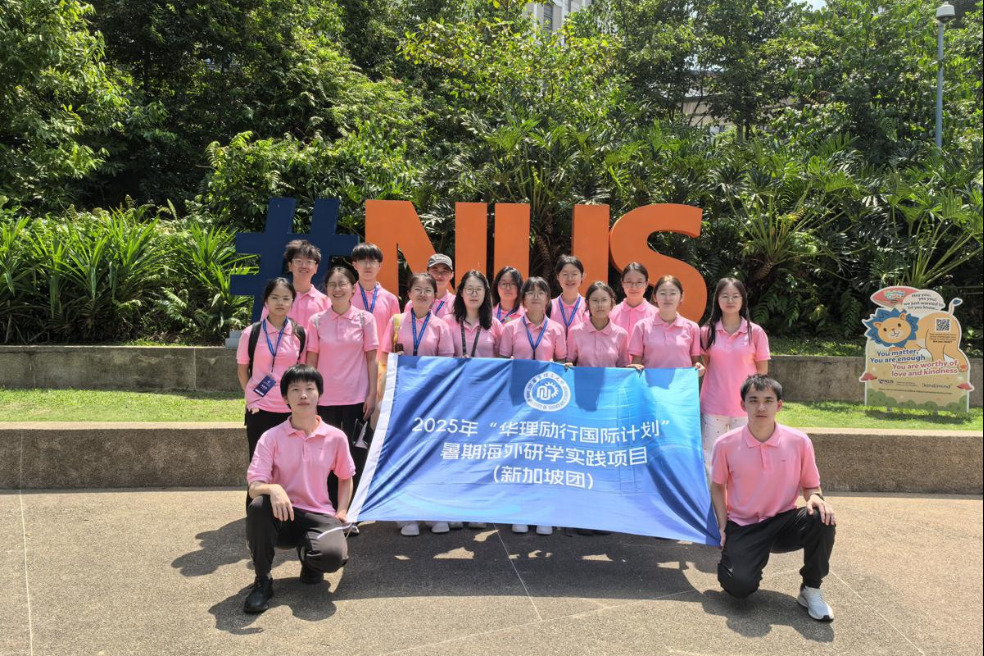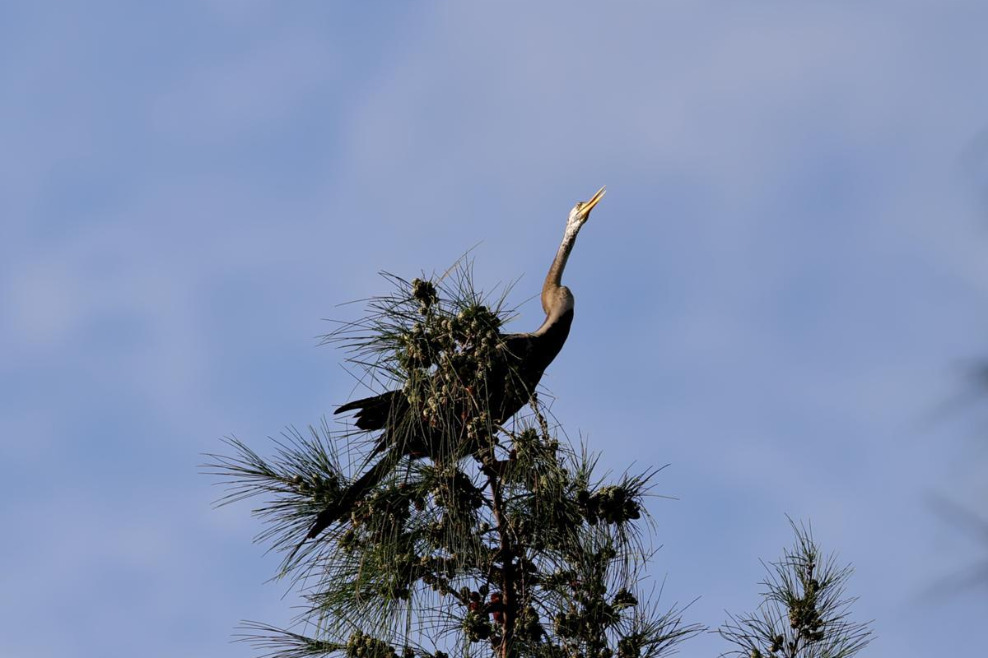Rosy cheeks, rosier lives in nation's northernmost village


Since 2013, tourism in Heilongjiang province's Beihong has boomed, raising the village's annual per capita income from 6,000 yuan ($902) to over 20,000 yuan.
A small, remote settlement about 130 kilometers from downtown Mohe city, Beihong is home to 136 households and around 350 residents.
Located on the Heilong River, the third longest in China after the Yangtze and Yellow rivers and the longest border waterway in the world, Beihong sits on the border with Russia and is the country's northernmost village.
In 2014, it was still listed as impoverished at the provincial level.
To change that, Mohe government officials worked to develop the village's tourism potential by showcasing its Russian-influenced culture. Visitors can now feast on both local farmhouse-style meals and Russian cuisine.
Zhao Yinhua and her husband opened their Russian bakery in 2015, and their handmade bread has been warmly welcomed by both tourists and fellow villagers.
"I learned how to make bread from my mother-in-law, whose grandmother is Russian," said Zhao, 55. "I strictly follow the traditional process. The bread is made without additives and retains the original fragrance of the flour."
In 2019, the Mohe government helped Zhao give the exterior of her bakery a Russian makeover, with the addition of bright colors.
"They put up a statue of a middle-aged Russian woman holding a dalieba, a kind of Russian sourdough bread, in front, which brings in a lot of tourists," she said. "Also, a long corridor with nice views was built nearby, which also made my bakery stand out."
Before COVID-19, the bakery made the couple about 50,000 yuan a year.
"Due to the epidemic, the village has received fewer tourists in the past two years," she said. "But my bread has become a specialty that is sent to relatives and friends outside."
Since roads were paved and street lamps were installed in 2016, life has continued to improve in Beihong.
"Before, we suffered from dust on windy days and muddy roads when it rained," said Zhao Minxing, village Party secretary. "When we started exploring tourism, we realized that it was important to improve the surroundings of the whole village."
With government support, Beihong spent 10 million yuan on changing its appearance. It renovated roads, added 1,800 square meters of green space and installed new trash bins and solar street lamps.
"To get tourists to stay longer, we also encouraged villagers to open homestays and traditional restaurants and provided them with the support they needed," Zhao Minxing said. "So far, there are 72 homestays and restaurants, and around 160 villagers are directly involved in tourism."
In 2014, with 10,000 yuan from the local government, 53-year-old Zhang Guiying turned her 120-square-meter house into a homestay, which brought her family a net profit of around 40,000 yuan a year before the epidemic.
"Tourists from all over the country, including Beijing, Shanghai, and Guangdong and Shandong provinces, have turned this little village into a summer and winter hot spot," she said.
"They come in summer to see the amazing displays of the northern lights, and in the winter to experience the coldest climate in China."
Mohe is one of the few places in China with a subarctic climate of long, severe winters and short, warm summers.
The winter begins in mid-October and lasts until late April, and the village holds the national record for its lowest temperature of-52.3 C, which was recorded in 1956.
By 2018, annual per capita income had increased to 28,100 yuan, and Beihong was officially removed from the list of provincial-level poverty-stricken villages.
To help further increase incomes and prevent anyone from lapsing back into poverty, the village continues to invest in a variety of endeavors.
In 2018, it spent 160,000 yuan on a bee farm, which has helped increase the collective income by 100,000 yuan, and since 2020, it has spent over 3 million yuan on a chicken farm with 30,000 egg-laying hens.
"With summer coming, I've tidied up all the rooms, waiting for the busiest season of the year," Zhang said.
"As more people come to know about our village, I believe we will welcome more tourists and lead better lives."




































